.webp)
Published on
March 18, 2025
Anti-Money Laundering Compliance in Kuwait: An Overview
In this story

Accelerate AML Compliance: Meet Regulatory Demands with 80% Less Setup Time
.svg)
.svg)
Strong Anti-Money Laundering (AML) rules are crucial for a major financial center like Kuwait. They help protect the economy and maintain its reputation in the global financial scene. These rules are a set of laws and procedures that Kuwait follows to stop the generation of illegal income and catch any money being created from an illegal source.
Kuwait plays a key part in the Middle East’s financial world. To keep their system strong and trustworthy, they’ve made following AML (Anti-Money Laundering) rules a priority.
Anti-Money Laundering in Kuwait
Kuwait’s economy is deeply tied to oil, but its financial sector, banks, investment firms, and insurance companies, also plays a huge role. These businesses aren’t just local; they’re at the center of international trade and investment. For this reason, sticking to AML rules isn’t just a box to tick, it’s crucial for keeping their economy stable and building trust with global partners.
Money laundering isn’t just a problem for one country, it’s a global challenge. Kuwait knows this and has made fighting money laundering a top priority. They’ve introduced strong laws and systems to tackle these issues and are working hard to meet international standards.
Evolution of AML Regulations in Kuwait
Kuwait's AML rules have evolved over time, and the development of these laws and regulations has been a progressive and promising journey. Similar to most countries, at first, Kuwait had just basic measures to address money laundering.
But as financial crimes became more complex, Kuwait updated its rules and enhanced the overall regulatory framework. Key milestones include Law No. 35 of 2002, which started the fight against money laundering and terrorism financing. Later changes, like Law No. 106 of 2013, have further strengthened Kuwait’s AML regime and aligned with global best practices.
AML Regulatory Framework in Kuwait
Kuwait’s AML rules follow global standards from the Financial Action Task Force (FATF), a regulatory body that fights money laundering and terrorism financing. Kuwait works hard to follow FATF’s guidelines. It has also adopted ideas from Basel III and takes advice from the International Monetary Fund (IMF) and the World Bank.
Read more: Kuwait’s Journey to FATF Compliance: Essential Insights for GCC Financial Institutions to Meet AML/CFT Regulations
Key AML Laws and Regulations
Kuwait has a solid legal setup and a comprehensive regulatory framework to fight money laundering and terrorism financing. The main law is Law No. 106 of 2013, which sets the rules for banks and other designated non-financial businesses and professions (DNFBPs) to stop and report suspicious activities. Also, as mentioned above in this article, Law No. 35 of 2002, which introduced the initial AML measures in Kuwait, and its updates and subsequent amendments also play a big role in this.
Key Regulatory Bodies and Their Roles
Several agencies and regulatory bodies in Kuwait handle and oversee AML compliance:
- The Central Bank of Kuwait (CBK) which regulates banks and financial institutions, checks if they follow AML rules, and enforces penalties for violations.
- The Kuwait Financial Intelligence Unit (KFIU) receives, analyzes, and shares reports of suspicious financial activities. It coordinates the national fight against money laundering and terrorism financing.
- The Ministry of Commerce and Industry oversees AML compliance for non-financial businesses and makes sure they follow the established rules and regulations.
Comply quickly with local/global regulations with 80% less setup time
.svg)
.svg)
AML Compliance Requirements in Kuwait
The following are the key compliance requirements in Kuwait:
1. Customer Due Diligence (CDD) and Know Your Customer (KYC) Procedures
Kuwait requires strict Customer Due Diligence and Know Your Customer procedures to avoid financial crimes. Banks and other financial institutions need to verify who their customers are, understand their business, and watch for suspicious transactions. Enhanced Due Diligence is needed for high-risk customers like politically exposed persons (PEPs) and businesses in risky areas or jurisdictions. These steps help spot and reduce money laundering and terrorism financing risks.
2. Reporting Obligations
Banks and all other financial institutions must report suspicious transactions to the KFIU. This includes transactions that seem unusual or don’t have a clear economic reason. The reporting thresholds and formats are clearly outlined by regulatory guidelines, they explain how and when to report. Quick reporting helps the KFIU investigate and work with law enforcement to catch criminals.
3. Record-Keeping Requirements
According to AML regulations in Kuwait, financial institutions must keep detailed records of transactions and customer information for at least five years. This is important for checking and investigating later. Proper record-keeping helps trace money flow and find money laundering schemes.
According to CBK, The Law, Supervisory & Regulatory Instructions & Controls (Page 20):
“ Banks shall maintain the following records:
- All documents obtained through the customer due diligence process (e.g., copies or records of official identification documents of the customer and beneficial owner, accounting files, and business correspondence) for at least five years after the business relationship is ended or the date of executing the transaction for a customer that has no business relationship with the bank.
- All records of domestic and international transactions already executed or attempted to be executed for a period of at least five years. Such records should be sufficiently detailed to enable reproducing the steps of each transaction.”
4. Internal Controls and Risk Management
Banks should set up strong internal controls to prevent and detect money laundering. They need to regularly assess risks and maintain a solid AML compliance program with designated officers.
5. Audits and Reviews
Regular internal and external audits check if AML controls are working properly. Any problems found during these audits should be fixed.
6. Enforcement of AML Regulations
Kuwait enforces AML rules through inspections, audits, and investigations by the CBK and KFIU. These agencies work with law enforcement to ensure rules are followed and to prosecute violators. Regular checks help find gaps in compliance and prompt corrections.
Achieve AML Compliance in Kuwait with FOCAL
FOCAL platform offers advanced AI-powered AML compliance solution that helps financial institutions by automating tasks, improving accuracy, and lowering costs. These tools monitor customer activities in real time, screening customers and monitor transactions for suspicious behavior.
AI makes customer due diligence (CDD) easier by quickly checking new and existing customers against global watchlists. It also tracks transactions for any unusual patterns, helping to detect potential risks. As the system learns, it gets better at spotting new threats. FOCAL platform ensures compliance with regulations and help financial institutions stay secure while focusing on growth.
Conclusion
Kuwait has made great progress in building a strong AML framework, matching global standards, and enforcing strict measures. Even with challenges, ongoing efforts to improve AML strategies and use new technologies are crucial for reducing risks and ensuring compliance. By promoting a culture of compliance and using technology, Kuwait can keep strengthening its AML framework and protect its financial system.
FAQs:
Q1. What happens if you don’t follow AML rules in Kuwait?
According to the Kuwaiti law (Article 28):
Rulebreakers might go to prison for up to 10 years, they could also be fined anywhere from half to the full amount of the money involved, as long as they knew the money came from criminal activities. The authorities will also take away any money or tools used in the crime.
Q2. Are there increased penalties for certain AML offenses in Kuwait?
Yes, Article 30 outlines tougher penalties for certain money laundering crimes. The penalties can increase to up to 20 years in prison, and or fines that are up to double the specified amount.
Q3. What counts as a money laundering crime in Kuwait?
Under Kuwait’s AML law, Article 2, a person is guilty of money laundering if they knowingly handle money from illegal activities and do any of the following:
- Convert, transfer, or change the money to hide where it came from or help someone else avoid getting caught.
- Hide or disguise the real nature, source, location, or ownership of the money.
- Take, use, or keep the money.
Companies can also be punished for money laundering if the crime was done in their name or for their benefit. It’s important to know that you can be charged with money laundering even if there’s no conviction for the original crime that produced the illegal money.
Streamline Compliance: Achieve 80% Faster Setup for Fraud Prevention
.svg)
.svg)
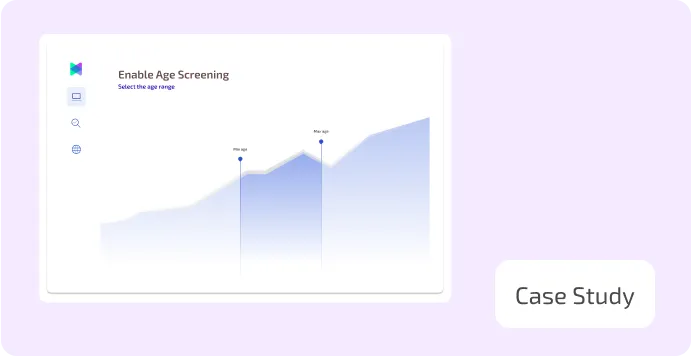
How Aseel reduced onboarding time by more than 87% using FOCAL
Learn how FOCAL empowered Aseel to achieve new milestones.
.svg)
.svg)
Mastering Fraud Prevention: A Comprehensive Guide for KSA and MENA Businesses
51% of organizations fell victim to fraud in the last two years, don't be caught off guard, act proactively.
.svg)
.svg)
Featured blog posts
.svg)
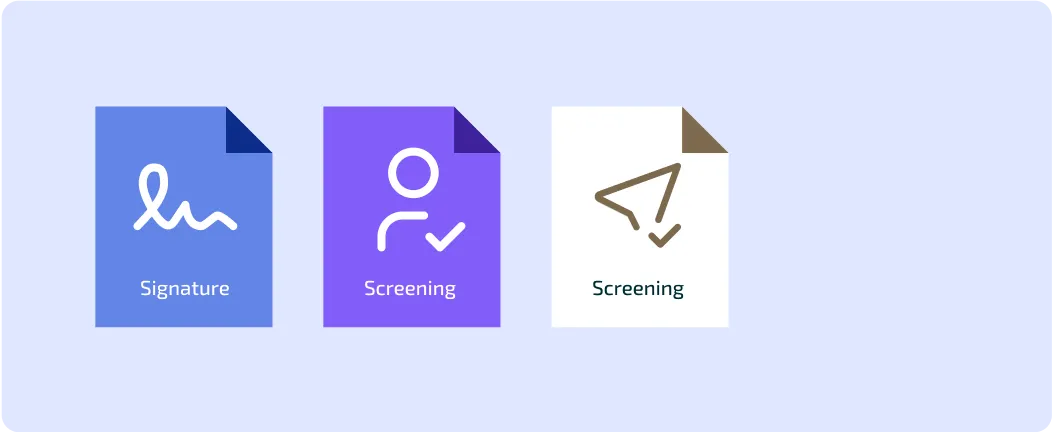


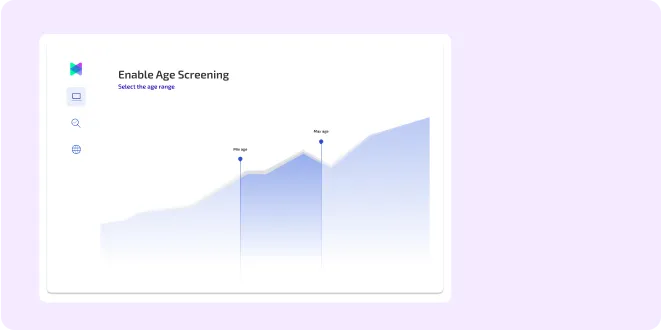
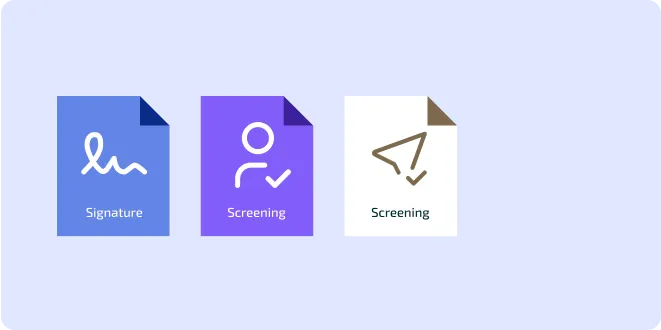
AI-Driven Precision in Fraud Risk and AML Compliance
.svg)
.svg)

.svg)
.png)





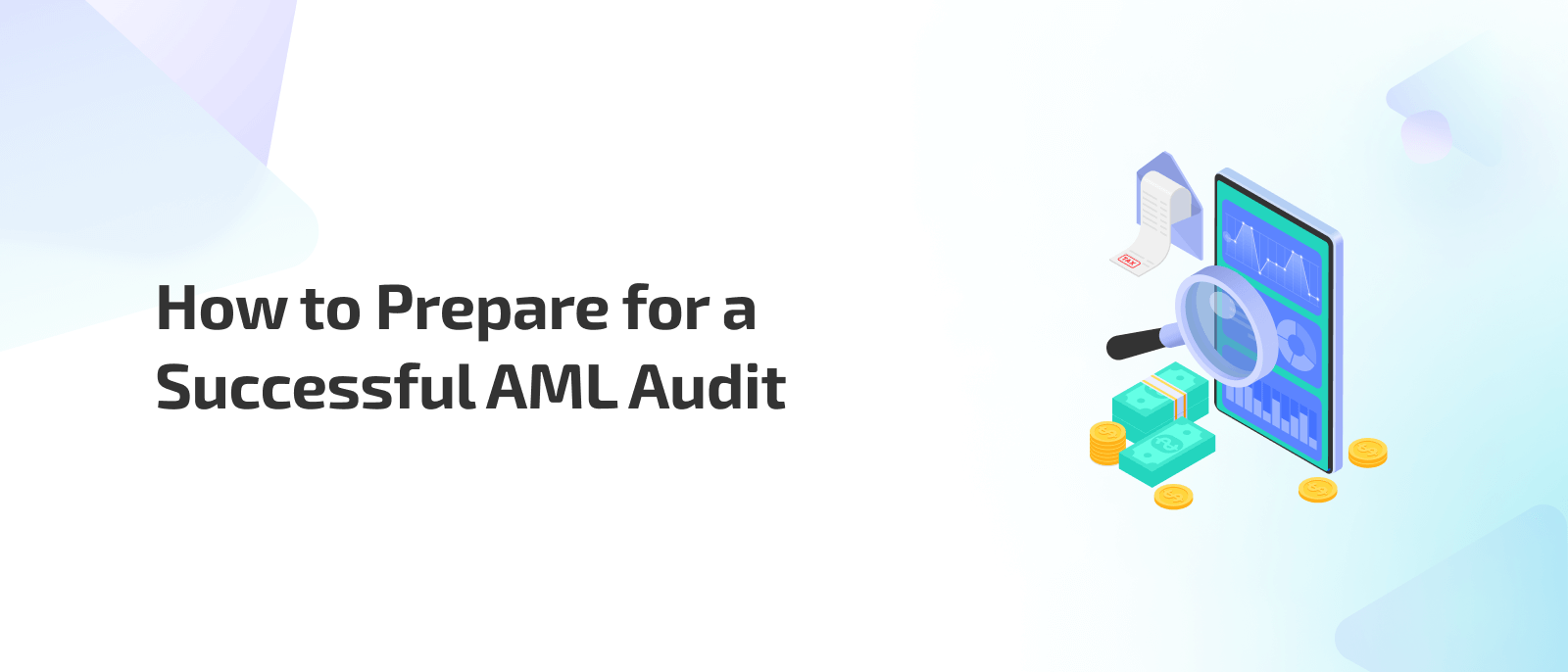
.webp)




.svg)








%20(1).webp)
Comments
Leave a Reply
Comment policy: We love comments and appreciate the time that readers spend to share ideas and give feedback. However, all comments are manually moderated and those deemed to be spam or solely promotional will be deleted.